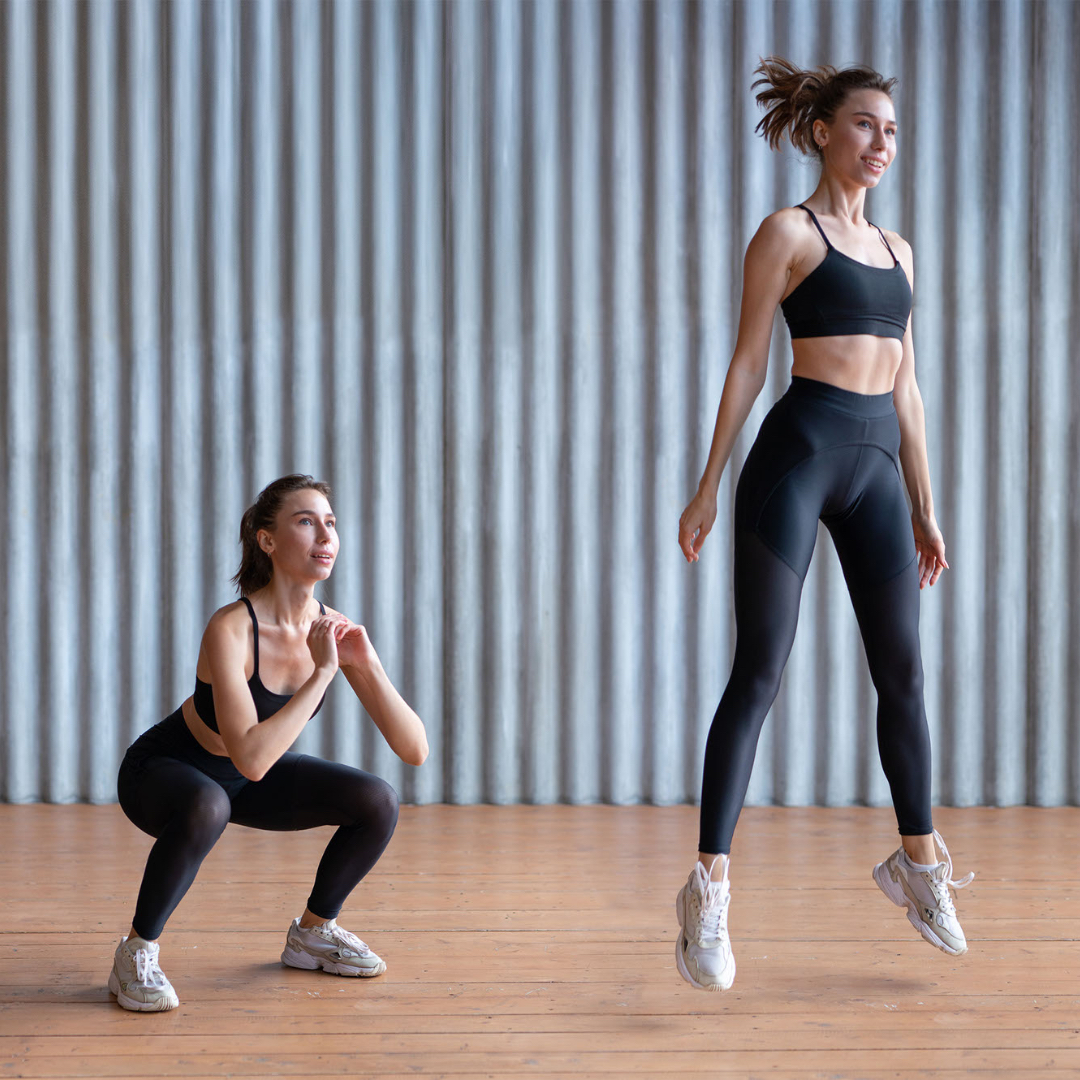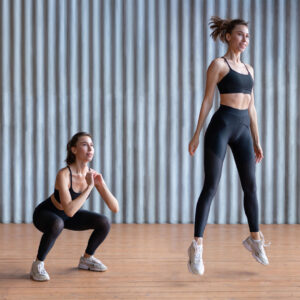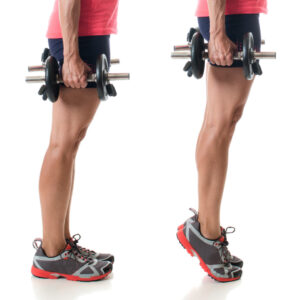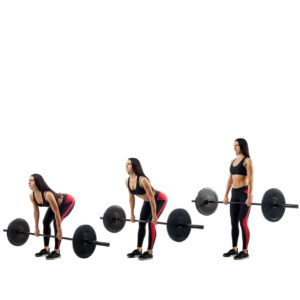Visit
Physiosports Brighton,
429 Nepean Highway, Brighton East,
3187, VIC, Australia
Call
Fax
03 9596 9155
physiosports@physiosports.com.au

As a person who plays Basketball, I’m always looking for ways to improve my vertical so that I can grab rebounds with ease and work towards dunking. To improve this, it comes down to essentially two factors being strength and power. Plyometrics are commonly utilised, these types of exercises blend forceful movements with speed to increase overall muscle power. Functionally this translates to being able to jump higher, run faster and become more explosive in your code of sport.
This is applicable to Football (AFL), Basketball, Athletics, Volleyball, Netball Rugby, Soccer and Tennis, where quick and explosive movements are required from the athlete.
A simple and effective exercise that can be done without equipment. The goal is to bend your knees into a squat, both when landing and preparing to jump. This trains both your ability to generate power in the jump and attenuate for force when landing.

Research has shown a significant improvement in vertical jump performing this exercise within 4 weeks! [1]. However, this improvement can plateau and should be further built on with weighted vests or other exercises.
These are controlled movements and can be performed on your household step. This aims to build up your strength within the calf and increase the Achilles’ tendon capacity to withstand load. Not only does this improve performance but can decrease your risk of injury both in the muscle and tendon. Studies have shown that individuals with greater calf strength are able to exert more power and jump higher [2].

Now for those of you who are wanting something more challenging we have the deadlift with a hexagonal (hex) bar! Popular among training Pro NFL players in America, this exercise is considered one of the gold standards for training power in the legs. If you are inexperienced in resistance training, you should seek advice from a personal trainer or health professional before starting. Remember, its best to start low and gradually build up!

It is suggested that due to the ability for you to lift heavier weights at an accelerated velocity without comprising range of motion is the beauty behind its success [3]. This has been shown in research studies and talked about by prolific American NFL trainer Ryan Flaherty.
These exercises are not substitutes for injury treatment, if in pain or injured please consult with a health professional. We recommend that if you are looking to implement a strengthening program, you seek out professional advice prior to ensure reduced risk of training errors and injury.
By Scott Rayment, Podiatrist.
Send Scott an email to scott@physiosports.com.au, or book in to see him, or John, by clicking here.